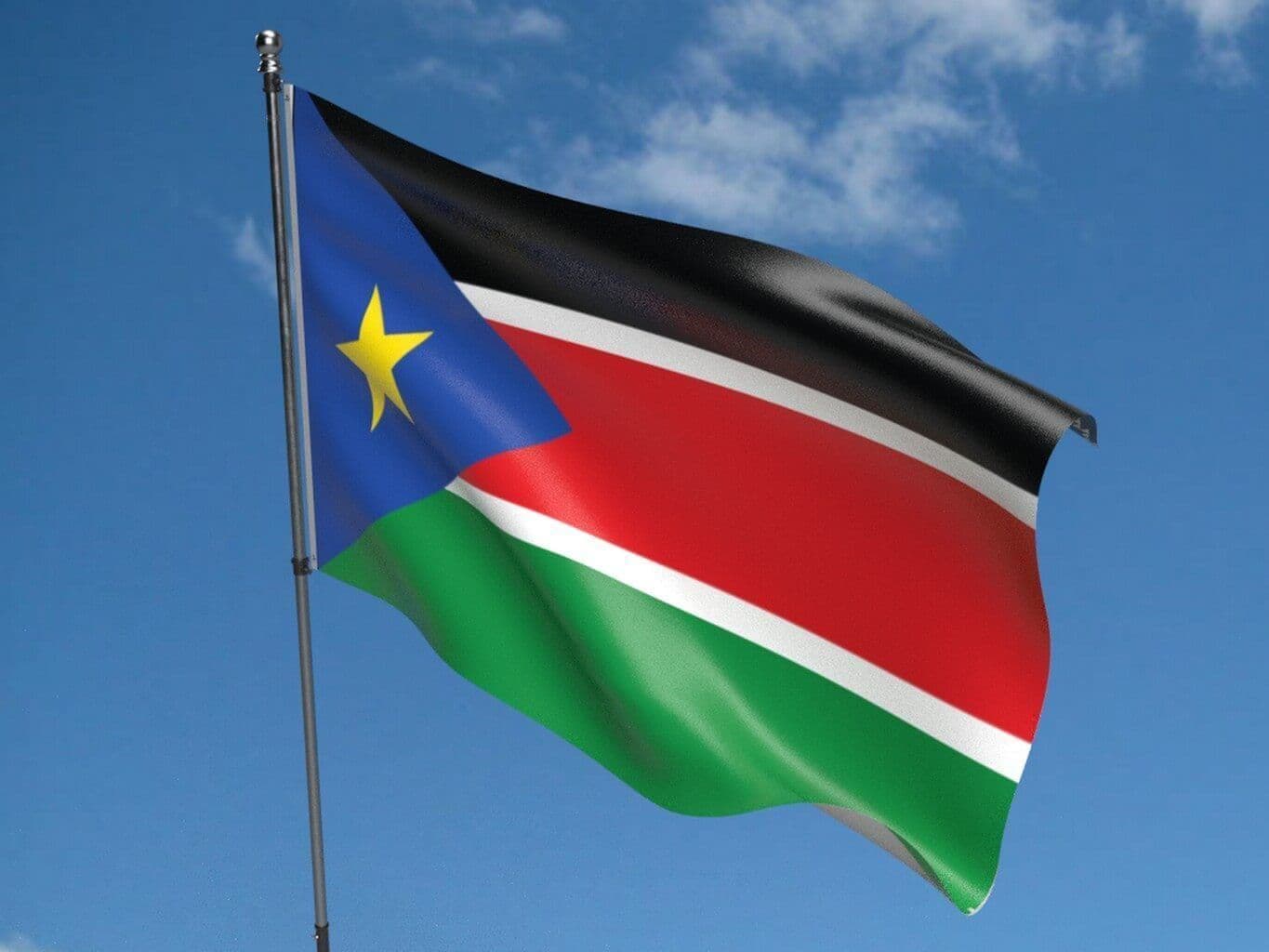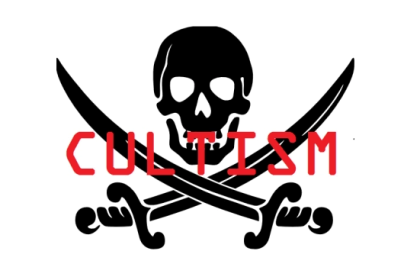From Adia Jildo, in Juba South Sudan
South Sudan ruling party, the Sudan People’s Liberation Movement (SPLM), has marked its 41 years of struggle for independence from the government of Sudan.
The struggle that started as a rebel movement was formed in 1983 after the government, under the Gaaffar Nimeiry, defied the 1972 Addis Ababa agreement.
South Sudan is expected to hold its first democratic election this year in the transitional build up.
The country has been confronted by instability that occurred in 2013 and 2016, characterised by deteriorating economy and humanitarian crisis.
Peter Lam Both, Secretary General for the Sudan People Liberation Movement told Citizenship Daily that the party was ready to implement the peace agreement, which include the schedule of elections.
“We have to make sure that we have an elected government in place before the end of the interim period,” he said.
“We are still engaging with the rest of the political parties to come to a solution. But there is nothing that defeats the fact that the roadmap is ending. And we don’t want the government of South Sudan to fall on our heads.”
A fresh round of peace negotiations between the South Sudanese government and the non-signatory opposition group was launched in Nairobi with the aim of ending conflict in the country on the request of President Salva Kiir Maryardit.
“The government we have now is a government of the agreement. It is not able to provide services. Its aim is to implement the agreement. And that’s why much of the problems we have today could not be resolved or could not be addressed in the way that we would like,” Peter Lam Both said.
The party has showed its readiness to go for the upcoming election, though it has been faced with criticism due to the depreciation in the currency, which has left many struggling.
“The fact that we have obstacles does not mean we have lost sight of our vision. It only means that the road is not straight and we are going to get there. We are going to build a united, prosperous, democratic country called South Sudan where all citizens will be proud to belong,” he admitted.








